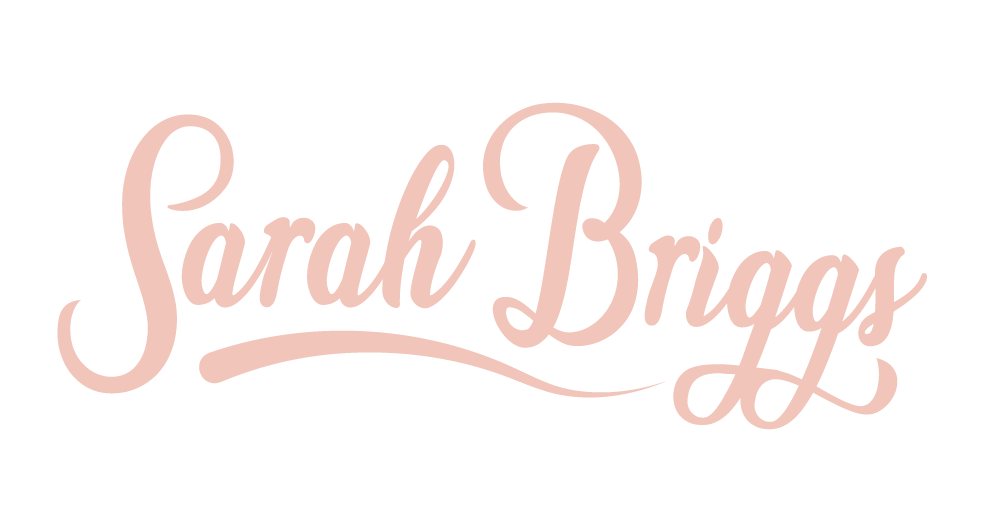Equine Therapy
Equine-faciltated therapy provides an opportunity to learn about yourself, how you interact with the world, how your behaviour affects others and how others impact on you.
The way horses work
People who receive help from horses are often profoundly affected, helping them make healthy changes in themselves and their relationships. On a wider spectrum, our social communities are strengthened when people overcome their addictions, decrease criminal behaviours, thrive after suffering intense trauma and abuse, improve their school performance and social skills, and strengthen their teams, marriage and family relationships.
-
Equine-facilitated therapy provides an opportunity to learn about yourself, how you interact with the world, how your behaviour affects others and how others impact on you. This learning, along with improved communication skills and intention, improves how you live your life.
The appealing aspect for me as a practitioner is that equine intervention has helped people make these changes effectively, especially when other therapy methods have not had this impact. It’s a gentle, yet powerful, method of healing and empowerment.
As a result, interest and awareness of this model continues to grow worldwide. It is very rewarding for professionals and clients alike.
This field of therapy, if you’ll pardon the pun, grew in the USA from the 1980s onwards, led by practitioners such as Barbara Rector, or Kathleen Barry Ingram who worked with an addiction recovery programme at Sierra Tucson. Others have made subsequent developments, notably by the esteemed author on this subject, Linda Kohanov, founder of the Epona centre therapy courses and training events.
Since then, more practitioners have trained in the UK, often under the auspices of EAGALA, the Equine Assisted Growth and Learning Association, founded in 1999 and now operating internationally.
I guess I am part of a third wave that upholds the power of the horses as the healers and teachers, so I prefer to use the emerging names as Equine-Facilitated Therapy (EFT) for therapy clients, or Equine-Facilitated Learning (EFL) for teams or organisational clients.
Equine-facilitated therapy is recognised by the British Association of Counselling and Psychotherapy (BACP) as a therapeutic method; BACP endorses equine-facilitated therapy training courses as a valid form of professional development for therapists.
The evidence base for equine-facilitated therapy is being developed all the time, through practitioners completing PhD studies, such as the impact of this equine therapy approach on combat veterans suffering from post-traumatic stress, or how autistic children have responded to therapeutic contact with horses.
How horses help
For thousands of years, in their natural environment, through living in a herd, horses operate a very sophisticated social yet organised system. There is a hierarchy, a social etiquette, with codes of behaviour for mating and decision-making, as well as protocols for dealing with threat. They can handle conflict and danger, with an ease that’s predicated on living in the moment.
-
Even though horses have been domesticated for centuries, this ancient wisdom still exists. And horses are generous enough to share this with us if we spend the time to tune into their world.
Spending time with horses in a therapeutic environment can teach us a lot about ourselves and the way we interact with others. Successful, happy people are able to relate with authenticity and congruence; with an intelligent ability to process what’s happening in the present moment.
The way that horses help us is precisely because they cannot talk. They will not pretend and cannot lie. Their responses are authentic and congruent, allowing you to learn exactly what you need to learn, in a collaborative and high-impact way. They show you what actions and behaviours and feelings are working for you. They won’t engage if there is something unhealthy about the way you’re approaching them. Horses model the values of respect, autonomy, coupled with emotional congruence. This leads to clear and consistent communication that enhances your relationship with yourself and others.
This helps you function at a high level and be more confident or creative.
There’s a lot written in the management world about authentic leadership and emotional intelligence. Any manager or executive can learn loads from these equine coaches that is immediately useful and sustainable when taken back to the workplace.
It can’t be taught remotely. The experience is embodied – you have to be there to get it.
The horses do the teaching. I am the facilitator to design the programmes then run them safely and effectively.
Who benefits
You will know what has brought you here. People with all sorts of problems can benefit from help given by horses. The horses will deftly bring to your attention what needs to be highlighted.
Interaction with horses is particularly helpful for young people to explore their challenges in life – without an adult teaching or telling them which can create resistance to compound any difficulty. Young people can accept the contribution of an animal more readily. As can people who are high-up in their careers, without the complication of competition or comparison with a colleague.
-
Every individual is unique, but here are some of the characteristics or issues that are commonly part of the background of our therapy clients:
Relationship problems
Career change, redundancy, restructuring, pressure or bullying at work
Stress, anxiety, depression, panic attacks
Chaotic problems with food, such as bingeing, anorexia, bulimia
Sexual abuse or sexual trauma
Traumatic events (especially combat veterans or ex-forces personnel)
Building confidence, self-esteem, assertiveness
Developing authentic leadership and increasing influence at work.
Long-standing or seemingly intractable problems can be shifted in amazing ways. I believe in hope and the possibility of transformation. Come and try it for yourself.
If you are interested in talking to me about working together, then please do get in touch.
We can have a brief chat on the phone to discuss your interest in starting counselling or in the equine-facilitated approach, with a view to arranging an initial appointment for you.


